
Are you an affiliate marketer? Ever wondered how affiliate traffic works? In this report, Every Matrix fights affiliate fraud with 6 key tips. (Image by Mmh30 from Pixabay)
In just the past few years, iGaming companies have made a special effort to pay more attention to their security.
Every Matrix is a provider of affiliate software. They have recently discussed how they have noticed a significant rise in the number of inquiries that they receive regarding anti-fraud tools and system security. Affiliate frauds are a constant nuisance in the industry, and always have been, but the recent boom that the industry is having, has led to the advancements of more intelligent methods that are capable of doing much more harm.
The rapid growth in the industry of online gambling is not hearsay, in 2020, the market estimate was approximately $60 billion, which represented a 10% growth on the year prior. By 2027, experts have predicted that it could be worth over double what it is today, with figures of around $127 billion being estimated. Where the pandemic crippled a lot of industries around the world, it had the opposite effect on the online gambling industry.
With huge amounts of money around, it is to be expected that there would be more of an uptake in affiliate fraud. When you consider that a big percentage of the income generates through affiliate channels, where many casino operators paying $50,000 a month to a single affiliate; it is no surprise. Affiliate software providers like Every Matrix, are more aware now than ever.
They pressure themselves to be responsible for their client’s safety, by helping them filter out activities of a fraudulent nature and to make sure that the affiliate’s operations run seamlessly. One of the first things they look to do to enable them to fight the scammers is to have a clear understanding of the mechanics that they use.
Understanding an Affiliate Fraud
Most fraudulent activities against affiliates consist of trying to obtain the commissions given by the operator by breaking affiliate program rules or using sophisticated scams. The most common way for them to do it is by exploiting the weakest parts of the current system, where it happened commonly with PPC affiliate commissions models. Affiliates used browser extensions, hidden links, fake links or perhaps pop-under images and text to trick the system. This resulted in PPC models being substituted for a lesser risky model, like Revenue Share or Cost per Acquisition.
Unfortunately, they can still carry risks. Deep bots are popular with scammers as they can create bogus actions like making deposits or performing an action within a game, or deep bots can make fake traffic. They are efficient enough that one scammer alone can generate huge losses, well into 5 figures.
To truly understand the issue, it can be enough to consider hundreds of forums and portals for affiliate scams and blacklisted casinos. Here below is a look into some cases where operators are required to be alert in order for them to avoid fraudulent activity.
Red Flags to Look out for Within Affiliate Marketing
As an example, an affiliate program is running a Cost per Action and/or a Revenue Share program. There will be a $1 payment for each user that makes a number of dollar deposits using the Cost per Action program and there will be a 10% payment for Revenue Share.
An affiliate will earn a commission once a player has performed an action or a number of actions. Maybe it’s after making their initial deposit, or perhaps playing a set amount of credit within a set time period. This approach can reduce fraud risk significantly, scammers won’t waste their time and will always look for other ways to take the commissions undeservedly.
It’s always good to familiarise yourself with a few activities that suggest that perhaps a scam is taking place:
- One affiliate IP matches to one or more of the players IP or a sub-affiliates IP: it is an indicator that the affiliate wants to take commissions using their own personal account
- Differently sourced traffic that isn’t in the agreement of the Affiliate System: when an affiliate wants to generate traffic from certain blogs all other sources could be suspicious.
- One affiliate active player ratio is more than 50% when at calculation period: indicates there were too many players performing activities while active on a calculation period.
- Players who spend a suspiciously short amount of time being active. Perhaps these are bots who visit the platform just to get the bonuses and then to send a creator.
- A suspicious percentage of staking amount on one single bet. If it’s more than ‘x’ amount of percentage of the total number of bets: indication of unusual behaviour and therefore, suspicious.
- The affiliate has a different login IP to what their country is: potentially the affiliate is attempting to get commissions by breaking rules.
In the industry, there are many different behaviours that should be monitored carefully and checked. On a positive note, technology is quickly gaining on the fraudsters. There are almost no risks that can’t be measured automatically and prevented using the appropriate techniques and right tools for the job. Anti-fraud detection is one of those or data reports that are delivered in real-time. Here’s a closer look at those two options.
Anti-fraud Detection Tool
Mechanisms and fraud schemes within affiliate marketing are well varied and due to this, there have been some countermeasures. PartnerMatrix, for example, developed a tool used as Anti-Fraud Intelligence. This on-the-spot tool is supposed to stop affiliate fraud, of any type, automatically. It works so effortlessly that the affiliate manager will be unaware of it working until they notice a system notification.
This tool has multiple layers for detecting and preventing fraud, with each module working independently. The system will find a risk, start with a simple IP check, which covers players against affiliate, IPS match and location, and then move into deeper analytics that is capable of preventing ‘sure bets’.
The flexible architecture of the software allows new models to be added to help and filter newly identified risks. Constantly updating the system dependent on the current market needs and also the requirements of the operator. The aim is clear: to identify a scammer before they even try and hack the program.
Powerful, Real-time data Tool
Exchanging live affiliate data is another priceless tool that affiliate managers possess. Having the ability to access real-time data gives affiliates and operators the opportunity to act instantly. They have a choice to cut off the traffic if they suspect it is from an untrustworthy source, or alternatively, they could ensure that a favourable deal is extended. Every Matrix had this aim when they built the affiliate platform with real-time reports based on API.
It wasn’t long a wait to get some results: Every Matrix reported that one of the casinos noticed suspicious staking activity using the reports. A player had placed a much bigger wager than they had done previously in earlier bets – the reports found that in fact, they were trying ‘safe bets’.
Transparency the Key to Building Relationships
Frauds in affiliate marketing is a topic that is constantly evolving. This is an expected consequence when working in an industry as valuable as iGaming. Big money attracts big risks, and unfortunately, some fraudulent activity gets through the extensive security in place. Over as much as $1.3 billion of affiliate frauds was the estimate for 2020.
The hope is to eliminate all risks, but realistically, just mitigating the risks as much as possible is seen as the more achievable target. Using the security software available is the bare minimum that operators need to be doing to protect themselves. Real-time data, API-based, and fraud detection provide security for affiliate managers and make it a possibility to exclude the risks for every side of the operation and to make sure the affiliate has a safe infrastructure.
There needs to be transparency in the partnership, which will prove invaluable, irrespective of business size or market. Transparency is a proven way to create a strong market reputation by letting it become common knowledge that you propose a fair partnership. This approach will warn off scammers and ultimately encourage affiliates to help your company brand long-term.


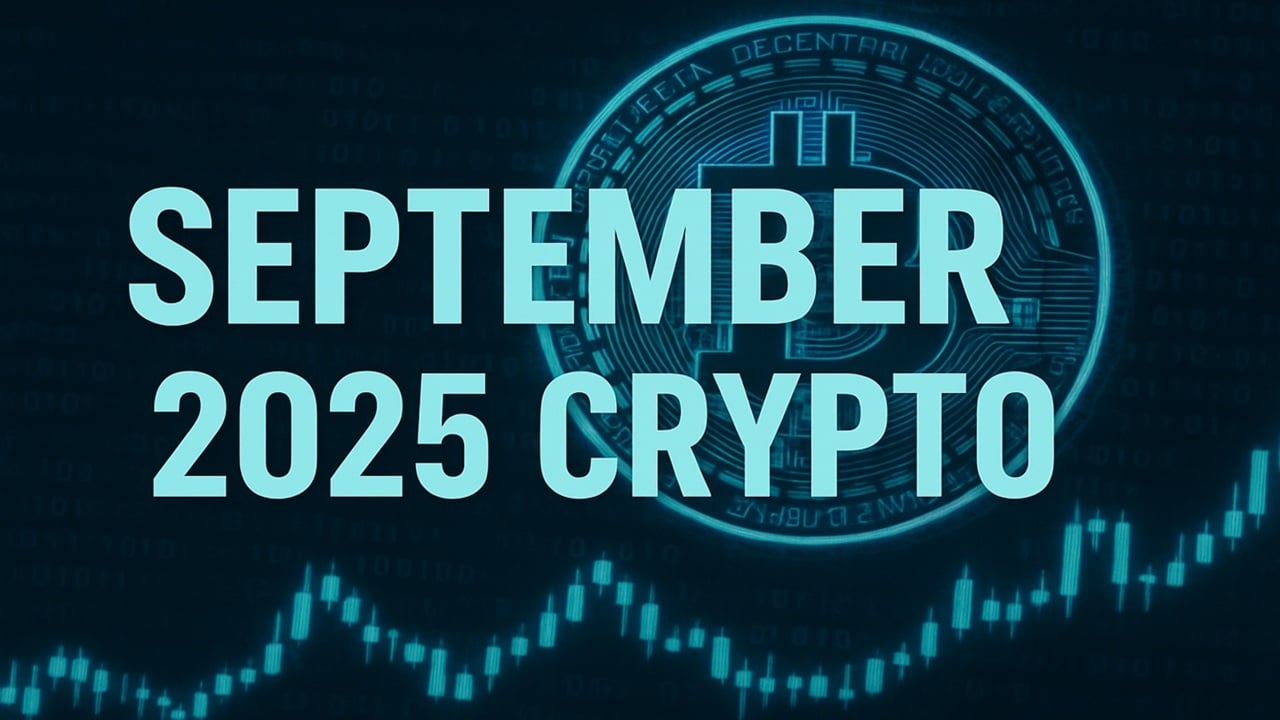
















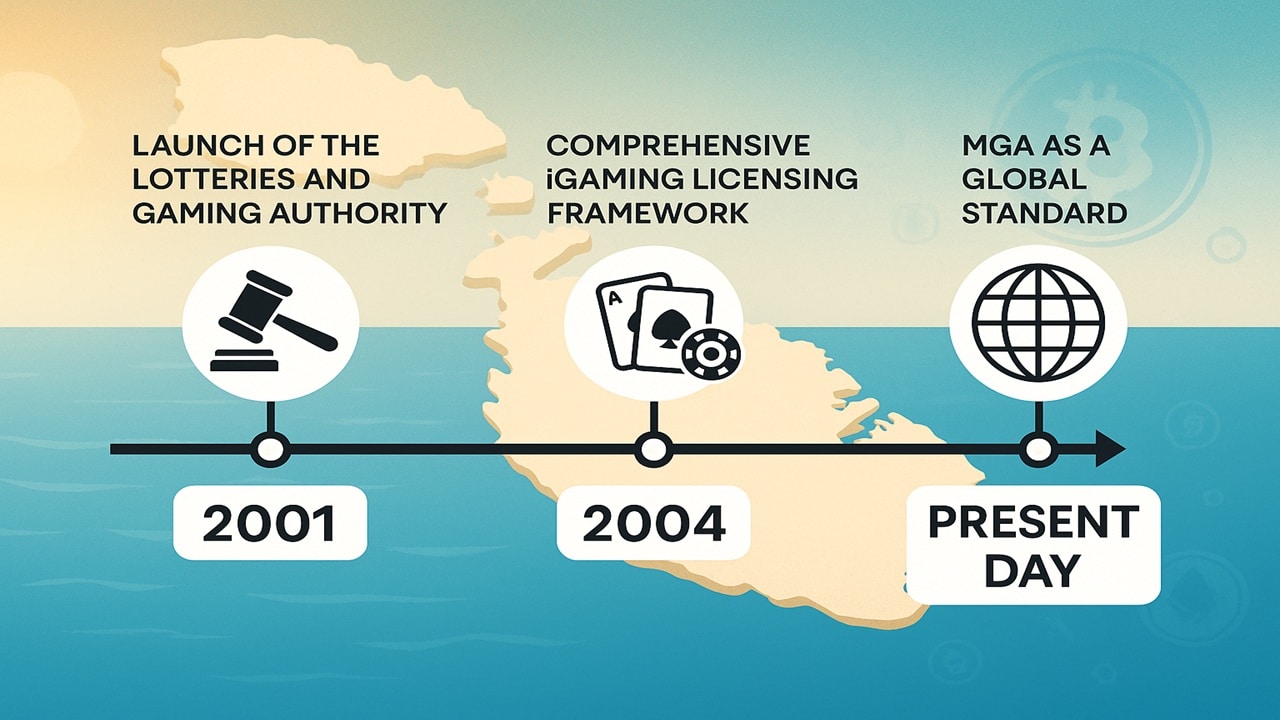
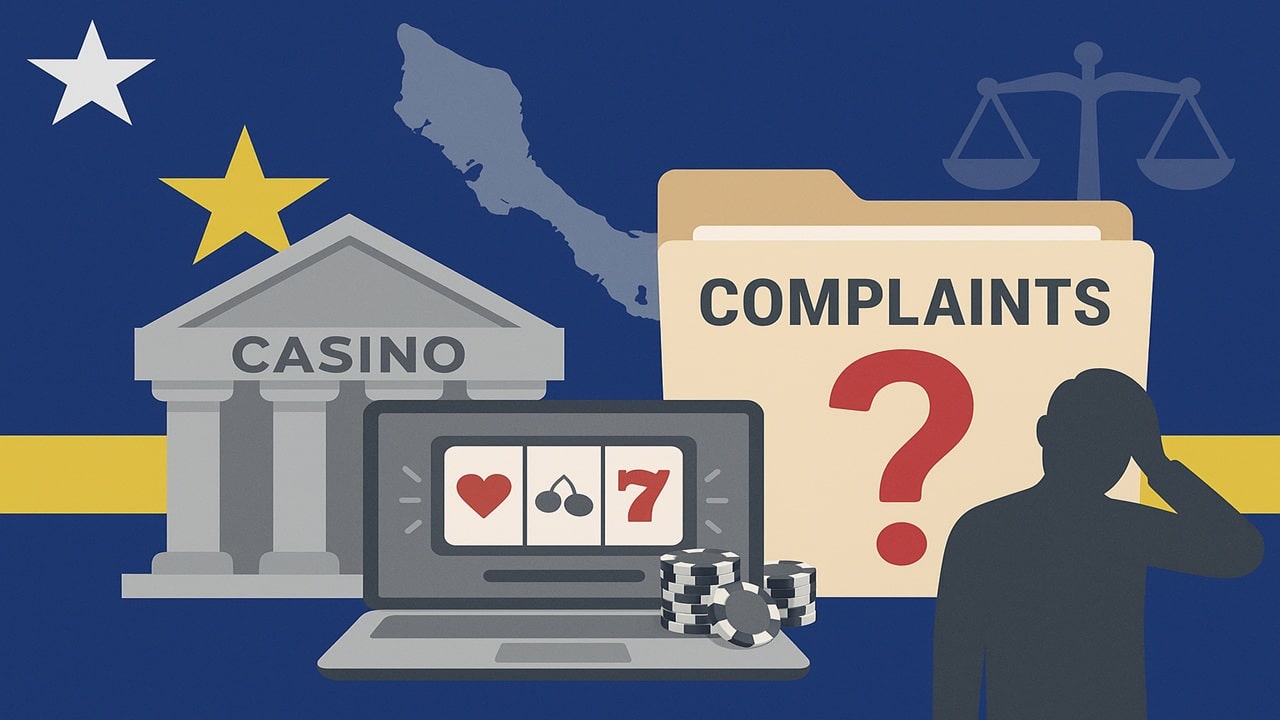
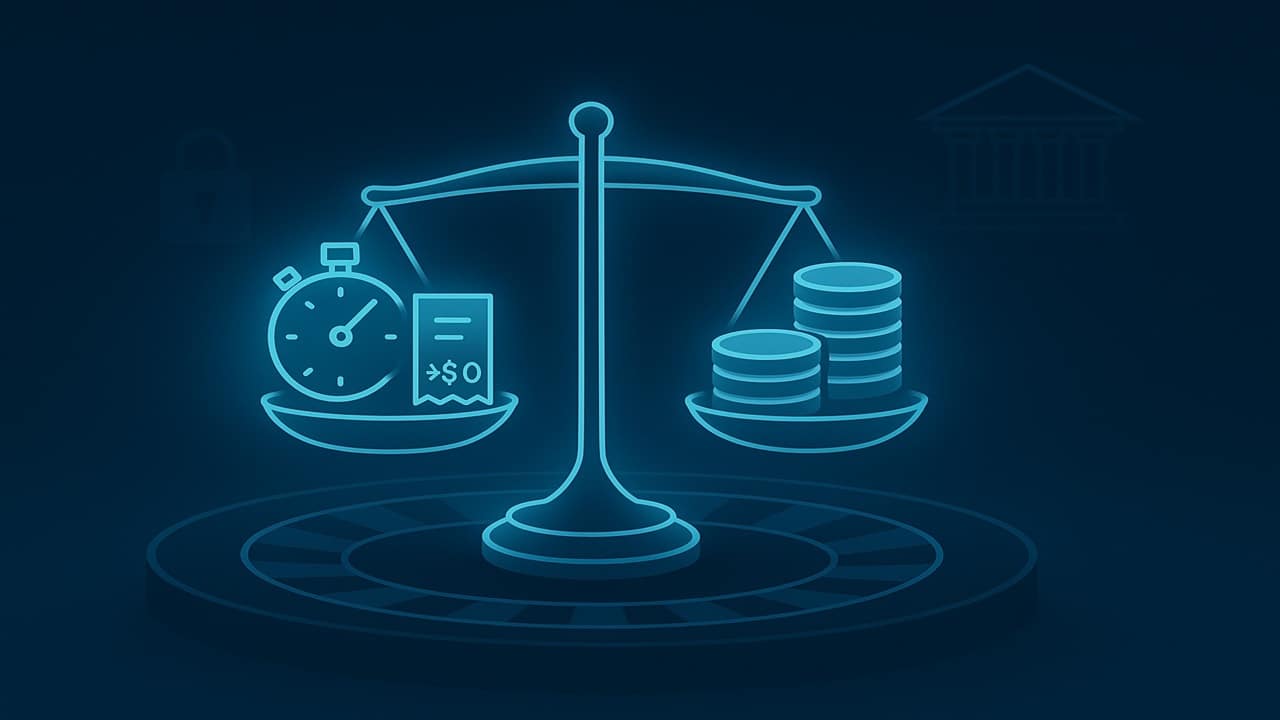
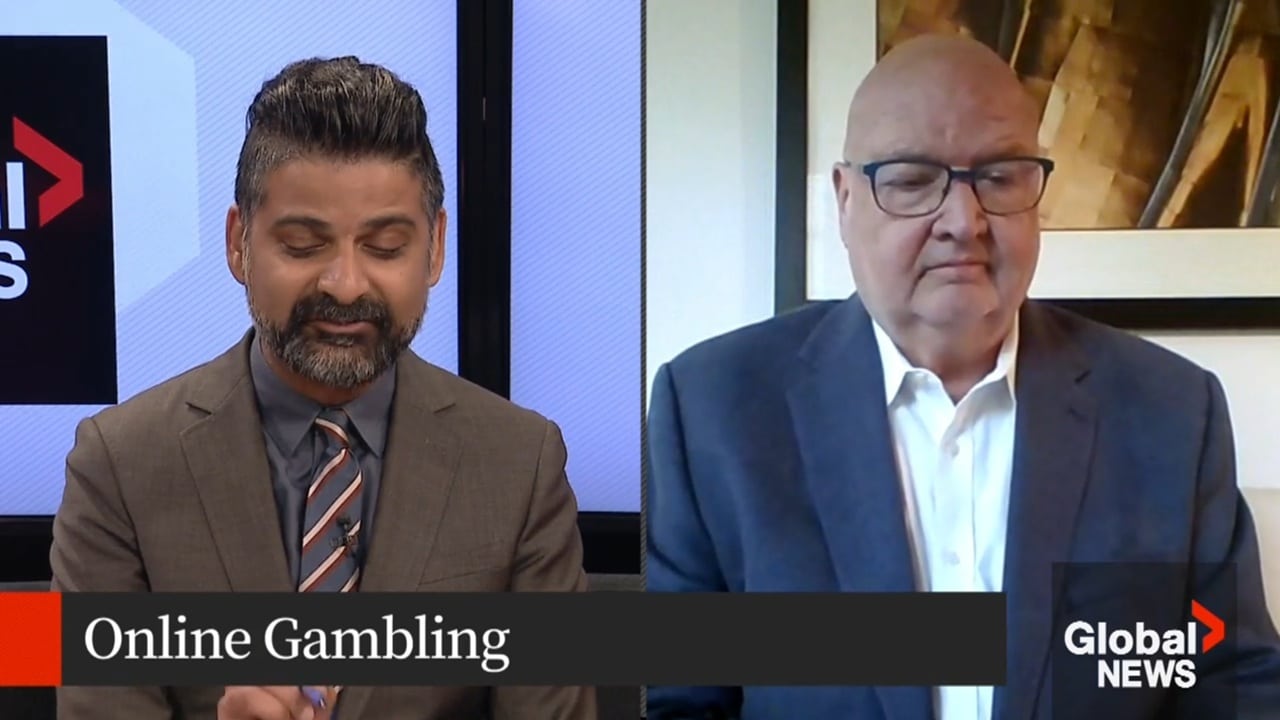


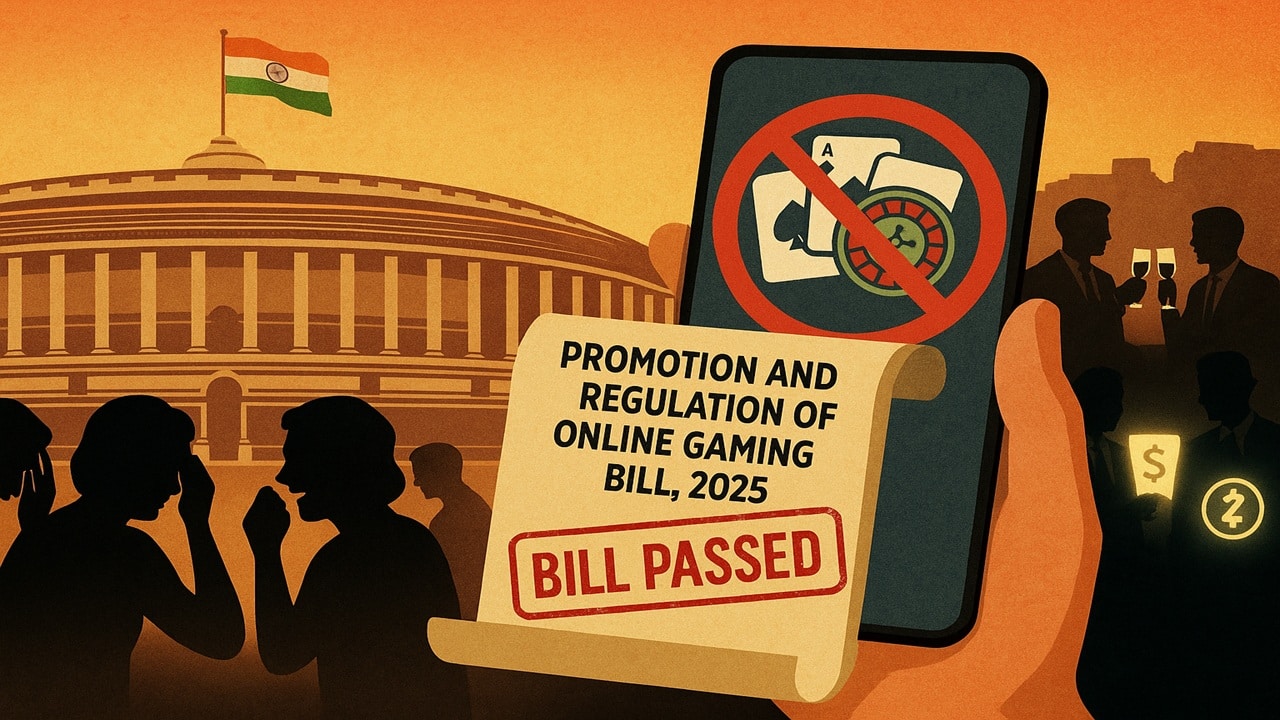




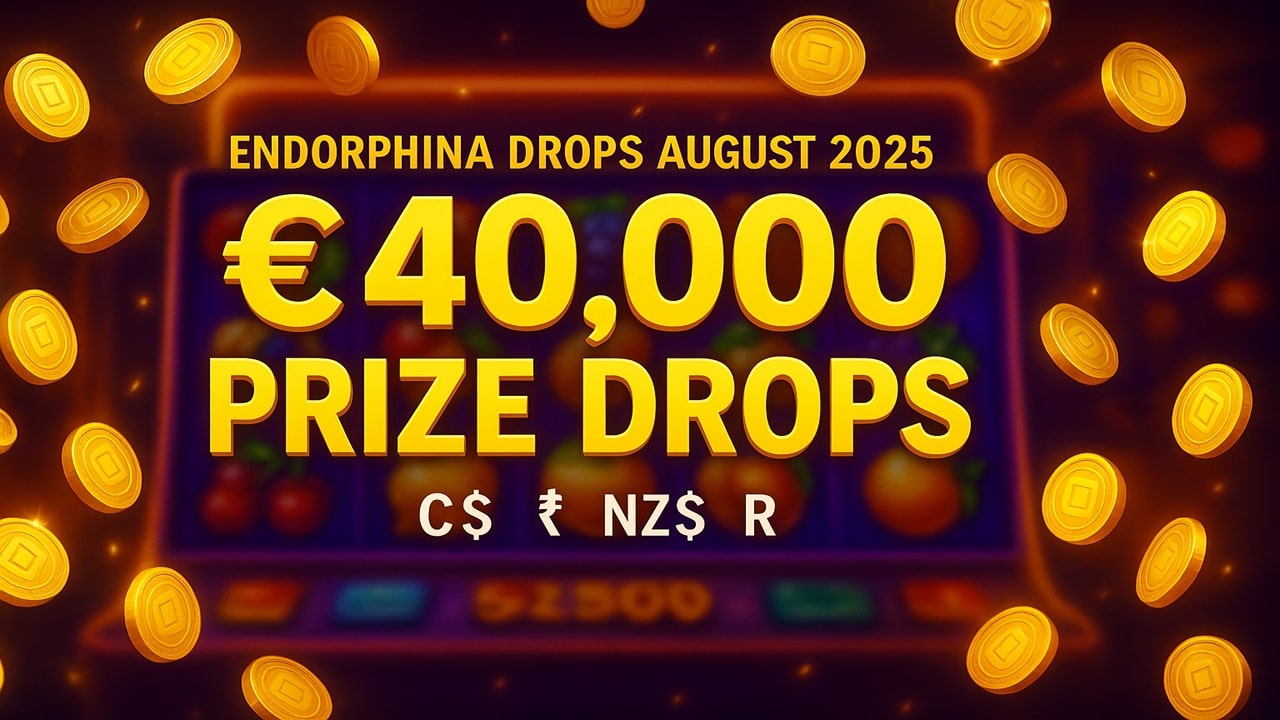
Leave A Comment